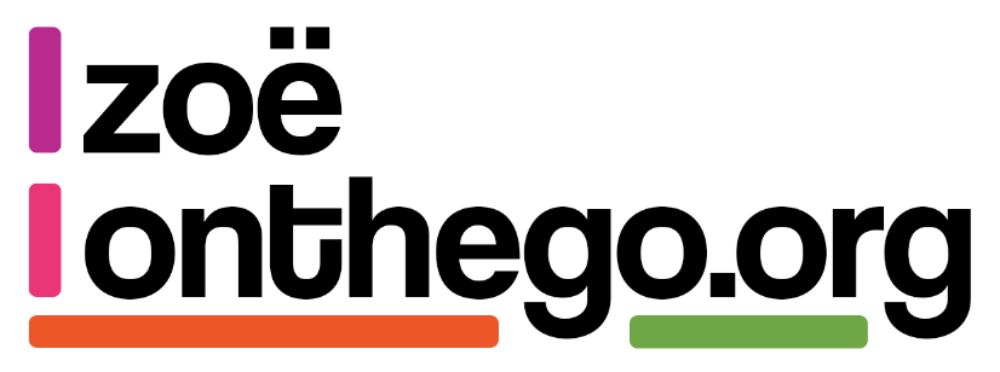Last month I got asked to speak to some University of Salford’s Business students about how to present well. Every year the University apparently holds a conference for their Business students to attend and hear form industry experts on a range of topics, all with the aim of building the students understanding of how to speak confidently to an audience.

Because of COVID-19 they couldn’t hold the conference as they normally did, nor could they have external speakers come in to talk to the students, as such they were really struggling to help the students build their own confidence in presenting; and I got asked whether I could run a session for them via Teams.
I speak a fair bit nowadays, generally on Product Management, Diversity and Inclusion, Career development, Agile Delivery or User centric design, so doing a talk on talking was a new one for me, and something I wasn’t quite sure how to approach, especially virtually; as such I reached out on Twitter to gather some thoughts on who people thought ‘presented well’ and why.
Interestingly, when gathering my thoughts for the talk, I had a number of people I know reach out and ask whether the session would be available to a wider audience; it turns out lots of people really struggle with their confidence when it comes to speaking publicly; and while I can’t share the video of the session, I can share my notes, so I thought it was worth turning into a blog for people to read!

But I think the fundamental points are:
- Know what your brand is. What are you good at? What do people know you for?
- Know who your audience is. What are you wanting them to take away from your talk? How can you best engage them?
- Find your own style. Some people need to do several run throughs before they do a presentation, some people need detailed notes, some people talk better to stats or words, some to images.
- Keep it simple.
- Be yourself.
Presenting or talking in public is one of the most common things that causes people imposter syndrome or anxiety. Most people assume that others are just ‘better at it’ than they are, but the truth is most people find this hard.
I spent years avoiding speaking in public myself as I thought everyone had better things to say than me, and that there was no way I could present without messing up. But eventually I realised the issue was that I was trying to make myself look and talk like everyone else, and because it didn’t feel authentically me, I had no confidence in myself, and my audience struggled to connect with me.
Yes, snazzy images and stats will help a presentation go well; but if you can believe in yourself, even a little, others will find it easier to believe in you.

